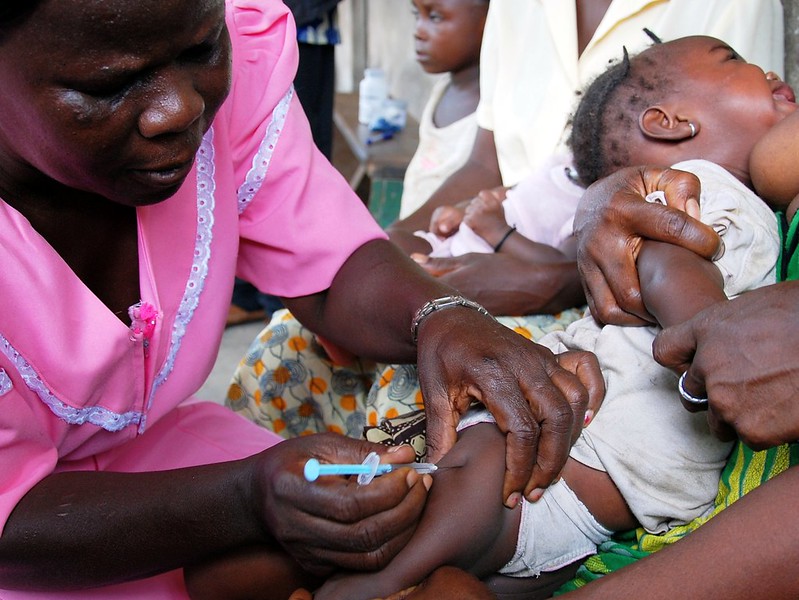Gavi, the Vaccine Alliance, and its partners today announced that lower-income countries can now apply to four more vaccine programs, which cover Ebola for high-risk groups, rabies vaccine for postexposure prophylaxis, multivalent meningococcus, and hepatitis B.

The four vaccine programs were approved earlier by Gavi's board, but were put on hold because of either the COVID-19 pandemic, availability of suitable products, or appropriate policy recommendations.
Access for lower-income nations
In a statement, Gavi said the latest expansion of its vaccine portfolio fits with the group's goal of ensuring that lower-income countries have access to key vaccines as soon as possible.
For the Ebola vaccine, Gavi will begin funding preventive doses in countries most at risk, targeting populations at greatest risk, including frontline health workers and outbreak responders. The meningitis vaccine in Gavi's program targets five serogroups, A, C, W, Y, and X, and has already been used to protect about 5 million people in outbreaks involving serogroups C and W in Niger and Nigeria.
Gavi and its partners have been working since 2018 to prepare for the launch of a rabies postexposure prophylaxis vaccine program. The disease is a serious health problem in 150 countries, mostly in Africa and Asia and mostly in children ages 5 to 14 years old. The group has also been working on a hepatitis B birth dose program since 2018.













